When it comes to caring for iron to prevent rusting, people avoid letting water touch the iron. They keep it out of rain or water sources because a wet iron can rust quickly. But can things rust without water? For instance, will your iron table, spoon, knife blade, and even pennies rust even if water does not touch them? Do you think keeping your iron things out of the reach of water will make them not rust?
Yes, things can rust without water. A steel or iron object exposed to air can rust even without water. Several circumstances can make this happen. Water is used as a catalyst to create rust in steel and iron, but it is not necessary for rust to form.
When water mixes with other chemicals in the presence of oxygen, rust will form on steel and iron. Also, some metal items can rust without water because rust is oxidation, and metal will oxidize naturally on its own even without water. However, the process is much slower.
Read on to find out why things rust without water so you will know how to protect your items, and metal materials that do not rust.
Contents
What Causes Things To Rust Without Water?
Without the presence of liquid water, things can still rust. Here are some of the causes of rust aside from liquid water:
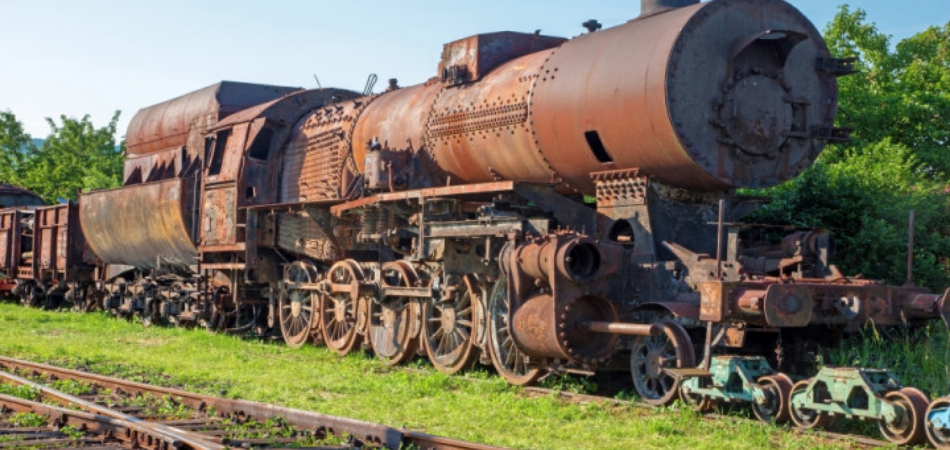
1. Air can cause rust
For rusting to occur, there has to be moisture. And moisture is present in the air. So when metal gets exposed to air, it can rust. So even without liquid water touching an iron, it can rust.
The difference between the oxidation process without liquid water is oxidation speed. With water, it is catalyzed.
When water contains electrolytes, the rust formation process is faster. This is why saltwater makes iron rust fast.
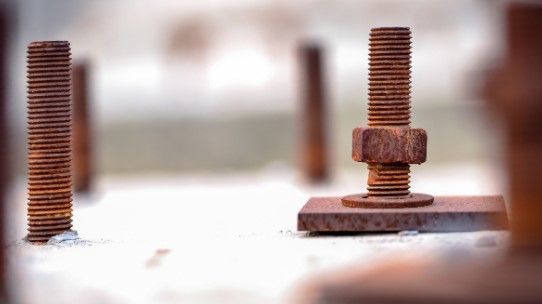
2. Salt can cause rust
Aside from water, salt is another material that can cause rust. Salt is a great oxidation accelerator. Salt accelerates rust by increasing the rate at which electrons move from the metal to oxygen. In the presence of salt in water, the water becomes less resistant to electrons.
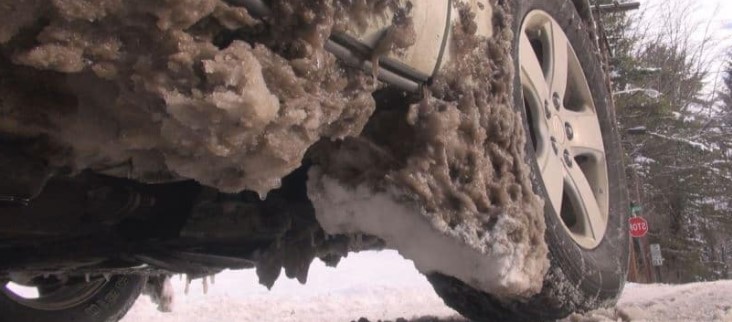
When things that can rust are exposed to salt, the oxidation process will occur within a shorter time.
3. Bleach causes rust formation
When iron comes in contact with bleach, the iron loses electrons fast. The oxidizing materials of the bleach make it ionize things.
The sodium hypochlorite in bleach that works for stains removal is also an oxidation agent.
This chemical compound in bleach explains why it is used to remove stains from clothes and eradicate germs.
4. Vinegar can cause rust
Another oxidation material is vinegar. In the presence of vinegar, steel and iron will rust easily. Vinegar has some materials that ionize iron. It contains acetic acid, which causes iron to lose electrons and be exposed to rust.
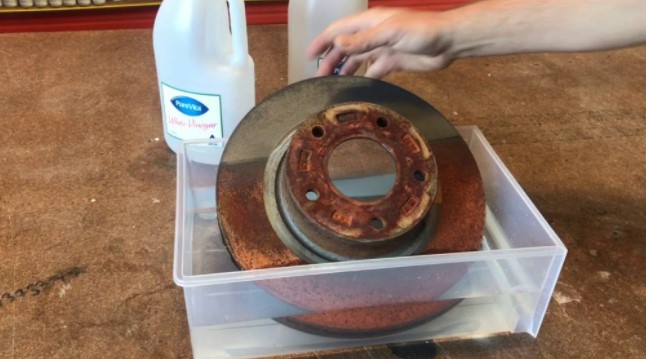
Corrosive gases can cause rust
When gases such as hydrogen oxide, chlorine, etc., meet with metal things, it can cause them to rust. If metals are exposed to hydrogen and oxygen, they can rust.
5. Cleaning materials can cause rust
Aside from the oxidation materials listed above, some other materials can cause iron to rust.
The materials used in cleaning the surfaces of things will also determine if they will rust or not. The liquid used in cleaning the things contains oxygen and water. This is why the cleaning process can also cause rust.
When cleaning things, you are exposing the metal things to rust. Although cleaning materials have been improved upon to prevent rust, there may still be rust.
6. Bacteria causes buried metal to rust
Bacteria in the soil can lead to the corrosion of metals. Metals are usually protected from rusting through a protective layer on the surface. Bacteria prevent this protective layer from forming. This situation catalyzes the rate of corrosion. If this metal is covered with a protective layer, the rate of corrosion will be reduced greatly. Bituminous and cathodic protection has been known to resist corrosion.
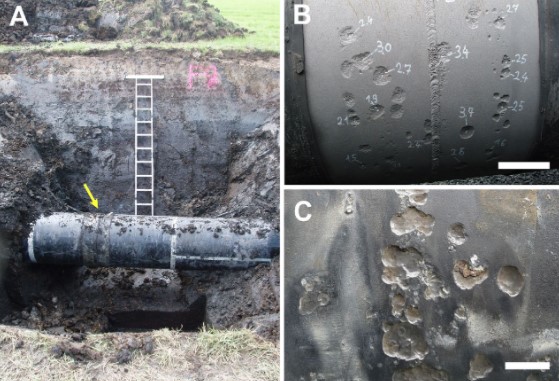
Metals that do not rust
Many oxidation materials can cause metals to rust. However, some kinds of metals are rust-resistant.
When metals have been secured against corrosion, they will not rust. If corrosion occurs and nothing stops it, the rusted part will fall off, and the corrosion will continue until the metal is destroyed. Metals such as aluminum, stainless steel, galvanized steel, or brass have outer surfaces that have been protected against rust. Oxidation will occur, but there will be no rust.
For instance, stainless steel is covered with chromium which can oxidize to form chromium oxide. This protective layer resists corrosion. This layer also protects the steel under that layer from rust.
Aluminum is resistant to rust. When water touches aluminum, the oxidization process will lead to the formation of aluminum oxide. The outer protective layer resists corrosion and guards the underlying surface against rust.
Carbon steel that has been coated with zinc will not rust fast. If water is introduced to the galvanized steel, the reaction will form zinc oxide, protecting the metal from rust. The oxygen in the water will react with zinc in the oxidation process. But the zinc coating stops the oxidation from reaching the metal underneath.
Despite the effectiveness of protective layers, the item will still rust if a part of the protective layer is scratched off.
When coating metals with protective layers, it is advisable to ensure that every part of the metal is coated. After the method has been coated, handle it with care to prevent scratches.
Conclusion
What is referred to as rust is iron oxide. Iron and steel metals rust when water and oxygen touch them, and there is iron oxide.
Aside from water, other oxidation materials include vinegar, bleach, and salt. We can prevent metal from rusting by coating them with protective layers. Coated metals like stainless steel, galvanized steel, and aluminum will not rust quickly.

